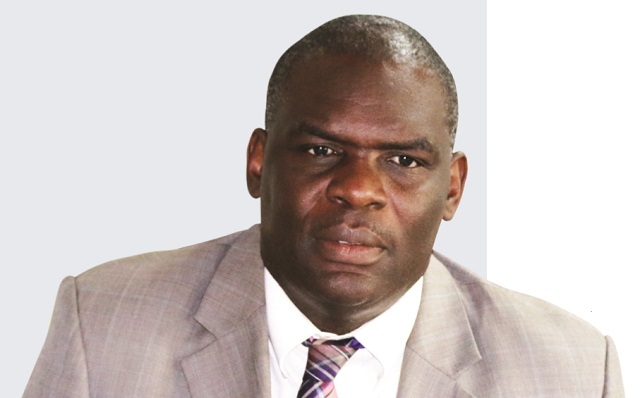
INTERVIEW: Justice Mike Chibita is the Director of Public Prosecutions (DPP). He spoke to Ian Katusiime on July 14 about the prosecutors strike and other issues.
In October, you are making four years in office, what would you cite as your three major achievements?
Number one, we decentralised and created something called regional offices where we put an intermediate level in our structure. Previously it was stations and then headquarters- now we introduced that middle tier of regional officers who sit at the High Court circuits. There were 12 high court circuits that’s where the judges sit and now we positioned senior officers at those levels so they can supervise and handle cases in their regions before matters come to headquarters.
Two is the introduction of plea bargaining; together with the judiciary we were able to introduce, pilot and roll out plea bargaining in the criminal justice system. This is a system that has reduced backlog and also reduced the cost of criminal trials.
We have boosted the profile of the office of the DPP. It was a directorate and now it is an office, it means we are on the way to becoming an autonomous institution-more staff and a higher profile as far as public service is concerned.
Prosecutors went on strike. Paint for us a picture of how your operations have been affected and what the way forward is.
A strike is never a good thing and it means people are disgruntled but it is peaceful and we are grateful that they have been disciplined. There was no court business. Cases are scheduled, so cases that were due could have been scheduled a month earlier, there are cases which were set up for bail application, others for judgement, others for hearing; so all these had to be given another day- that is already backlog piling up. Two, you have some witnesses who have been paid for to come and testify; so if they come and there is no case, that is money down the drain. They have to be paid again to come, that is if they come anyway and you know witnesses, about 50% of them you have to drag them and kind of coerce them, so getting them another time is really hard.
Now with police, the people they arrest are supposed to appear in court the next day and the strike affected the subsequent people arrested because they are supposed to be produced in court the following day. This creates backlog in police cells because files are not moving. One of the ways this can be handled is that police can give these people bond and then release them back into the community. So those are some of the practical implications.
On the way forward, I have been heavily involved in mediation, the management team has been the middleman between the association of prosecutors and government through Ministry of Justice and both sides have been very receptive.
Many cases have been hampered by insufficient police investigations. What do you think is the problem?
From my understanding, it is lack of resources. Let us talk about forensics, if a murder has been committed, for it to be investigated properly, you have to take samples of blood, all the exhibits at the scene be it a panga, a knife, a bullet have to be taken for forensic analysis and many times to transport a knife you need a refrigerated system which is not easily available. This means having these facilities in all places like Kisoro, Moroto, etc. Wherever you expect a crime to take place, you must have all police stations equipped with that kind of equipment, so that when a crime happens, you take samples. The other thing is training; like all other government departments where people get training on the job, the training is not enough and investigations is a specialised area. There is also morale. Police officers tell us they are not well facilitated. They say they do not have transport or fuel. All these hamper smooth operations.
Let us look at the case of 13 suspects charged with the murder of the late AIGP Felix Kaweesi. Some legal minds say the case brought against them is very weak and more of a witch-hunt against the suspects. Some think you should even drop the charges.
No, no, it is not a witch hunt. People who had been arrested were many more than that. When we did the initial thing, we weeded out some. So we drop the charges as we go along especially if it is a big number that has been arrested.
But now you need to look at the situation here. Due to lack of a tracing and tracking system, we do not have the luxury of developed countries of saying we will pick you when we need you. Supposing we have dropped somebody and then they cross over to the Congo, or just go deep in the villages. So we do not just drop charges. For as long as there is a bit of evidence that links you to the crime, we will hold you.
That is why we have a system of mention so that every two weeks, people are given a chance to come to court and say this one you can drop, this one we can go on-so the matter remains alive. It is why there is a process called committal. When we have a case we can take to court, we commit the people. So when we have enough evidence and we are asked to go trial, we can prosecute.
 The Independent Uganda: You get the Truth we Pay the Price
The Independent Uganda: You get the Truth we Pay the Price



